Open-ended, judge-determined criteria for euthanasia takes us to icky places
Published Dec 21, 2024 • Last updated 1 hour ago • 4 minute read

Your great and good National Post published an important story on assisted suicide on Thursday, chronicling a startling change in policy by the B.C. Civil Liberties Association. The left-libertarian BCCLA was the most important institutional force behind the litigation efforts that led to euthanasia legalization in Canada (under the rancid euphemistic cover of “medical assistance in dying,” or “MAiD”). Up until recently, every member and contributor of that group would have unquestionably cited legal suicide as its single most impressive accomplishment, its firmest and proudest stamp on Canadian history. Now … not so much.
Advertisement 2
THIS CONTENT IS RESERVED FOR SUBSCRIBERS
Enjoy the latest local, national and international news.
- Exclusive articles by Conrad Black, Barbara Kay and others. Plus, special edition NP Platformed and First Reading newsletters and virtual events.
- Unlimited online access to National Post and 15 news sites with one account.
- National Post ePaper, an electronic replica of the print edition to view on any device, share and comment on.
- Daily puzzles including the New York Times Crossword.
- Support local journalism.
SUBSCRIBE FOR MORE ARTICLES
Enjoy the latest local, national and international news.
- Exclusive articles by Conrad Black, Barbara Kay and others. Plus, special edition NP Platformed and First Reading newsletters and virtual events.
- Unlimited online access to National Post and 15 news sites with one account.
- National Post ePaper, an electronic replica of the print edition to view on any device, share and comment on.
- Daily puzzles including the New York Times Crossword.
- Support local journalism.
REGISTER / SIGN IN TO UNLOCK MORE ARTICLES
Create an account or sign in to continue with your reading experience.
- Access articles from across Canada with one account.
- Share your thoughts and join the conversation in the comments.
- Enjoy additional articles per month.
- Get email updates from your favourite authors.
THIS ARTICLE IS FREE TO READ REGISTER TO UNLOCK.
Create an account or sign in to continue with your reading experience.
- Access articles from across Canada with one account
- Share your thoughts and join the conversation in the comments
- Enjoy additional articles per month
- Get email updates from your favourite authors
Article content
Article content
Article content
As Miranda Schreiber reports for the Post, the BCCLA is now officially concerned that legal safeguards surrounding MAiD are pathetic and that many people are being driven to access MAiD because of “intolerable social circumstances.” The head of the organization calls these facts “unacceptable,” failing to add “We’re all trying to find the guy who did this” while wearing a hot dog costume.
Earlier this month, the federal government’s annual report on MAiD for calendar 2023 was released, and it confirmed some of these concerns. Ninety-six per cent of MAiD recipients come from what the law calls “Track 1” of the long black train; they have a terminal illness and their death is “reasonably foreseeable” without being hastened at state expense. Among these people, 14,721 of whom were MAiDed, 45 per cent cited being a “perceived burden on family, friends or caregivers” as one motive for seeking assisted suicide.
Among the smaller group on Track 2 — 622 people who were suffering intolerably but not terminally ill — this figure was similar, but 47 per cent also cited “isolation or loneliness” as a motive. That figure was only 21 per cent, which might still be high enough to induce nervousness, in the large Track 1 group.
By signing up you consent to receive the above newsletter from Postmedia Network Inc.
Article content
Advertisement 3
Article content
I’m a libertarian (and an atheist to boot): I’m a defender in principle of the right to die. And I’ll go further down that road if you like: I think being a burden on others and being lonely are potentially respectable motives for ending a life that is otherwise without much quality, autonomy or hope.
The recent English debate on assisted suicide, which was hustled through the Original Classic Commons but at least had the virtue of being decided in a legislature, devoted a lot of attention to the early Canadian experience with MAiD — and it dwelled heavily on the apparently astonishing fact that there are social aspects to patient decision-making under a legalized-suicide framework. I found it pretty funny that English people, many of whom would down a cup of Drano rather than complain to a host about the funny taste of the tea, would pretend to be surprised at this.
People are more likely to want to die soon if they’re very lonely and have no real prospect of relief from their loneliness: this shouldn’t be controversial or surprising. What’s interesting is that it is a problem the state has no way of solving reliably for individuals. Opponents of MAiD point out that inadequate pain control is a common complaint of MAiD applicants (more than half on both tracks), and that with appropriate palliative care, or just ordinary medical treatment, this should almost never be a contributing motive for assisted suicide. Whether that’s true or false, it’s the kind of counterclaim that is largely unavailable when we’re talking about feelings of loneliness or burdensomeness that may have a clear objective basis.
Advertisement 4
Article content
But very, very few people are radical libertarian zanies like me and the BCCLA. So if you feel icky about people taking their lives partly because they feel shame about extreme physical dependence or isolation, you can’t really accept the existence of a court-designed first-principles system of assisted suicide. Which is what we have, and what we can probably never now change.
It seems obvious in retrospect that a better design for an assisted-suicide regimen would be based on an explicit finite list of eligible conditions. If you have one of a few dreadful and annihilating illnesses written down in a statutory schedule, you can ask for MAiD. If you don’t, then, sorry, you can’t.
In 2024 our courts would never tolerate such explicit “discrimination,” especially if we excluded mental illnesses from the list. This would defy the axiom, which is both obviously false and universally accepted, that “mental health” is just a subspecies of physical health, and that any disorder in one’s thoughts or emotions is amenable to treatment in the same way as a broken tibia. A whitelist isn’t really an answer to the political problem of rule-by-judges, because Canadian judges would just feel free to rewrite the list itself, as they felt free to slap wallpaper over the ancient suicide taboo.
Advertisement 5
Article content
But a whitelist approach, if it were possible, would have the very obvious benefit of excluding social and emotional factors from both the political discussion and from the individual eligibility analyses. If someone doesn’t want to face Alzheimer’s disease or ALS, we don’t inquire into their psychological bona fides or their living conditions: we let ’em escape. For all the faults of the Canadian MAiD regime, including the term “MAiD” itself, we have yet to kill anyone who didn’t insist on wanting to die, and most MAiD cases are utterly uncontroversial on inspection. But we are bound to have more and more of the other kind as the unleashed, explicitly subsidized MAiD industry revs up in our midst.
National Post
Recommended from Editorial
-

Colby Cosh: What the court actually said about MAID for the mentally ill
-

Colby Cosh: In Alberta, not even the courts will question a doctor's choice to euthanize
Article content

 1 day ago
2
1 day ago
2



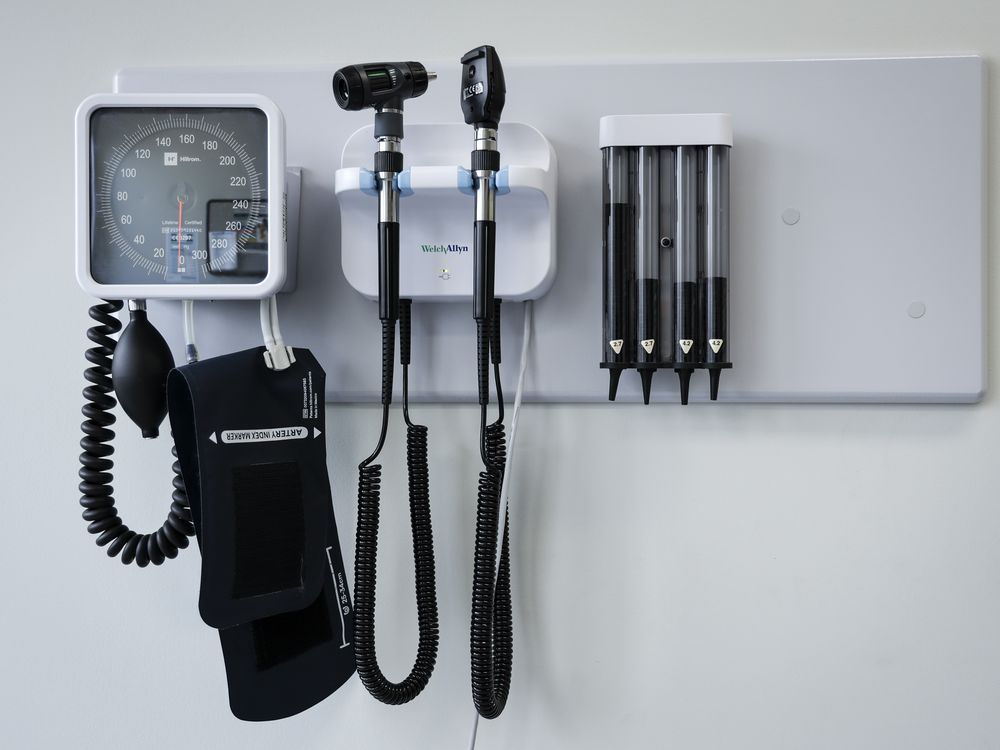
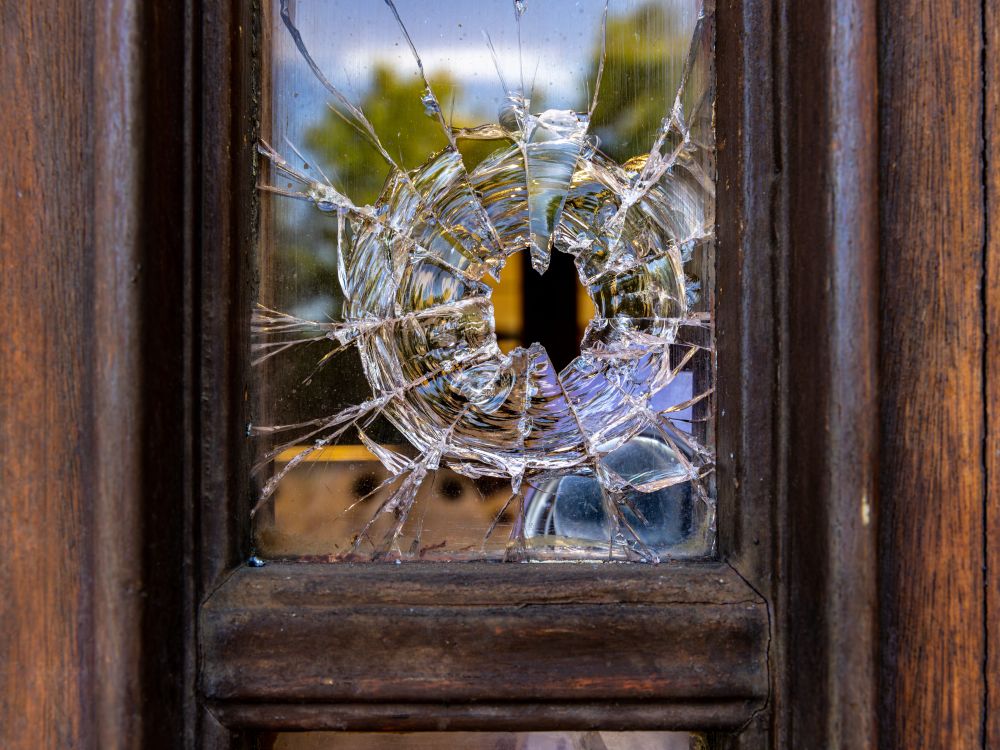



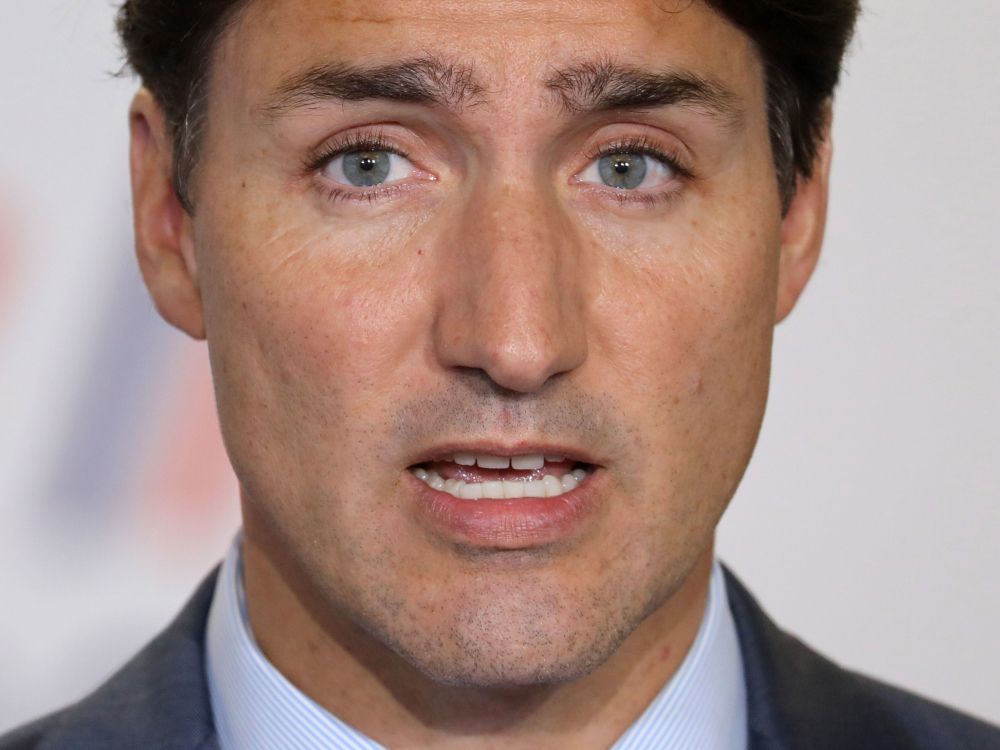



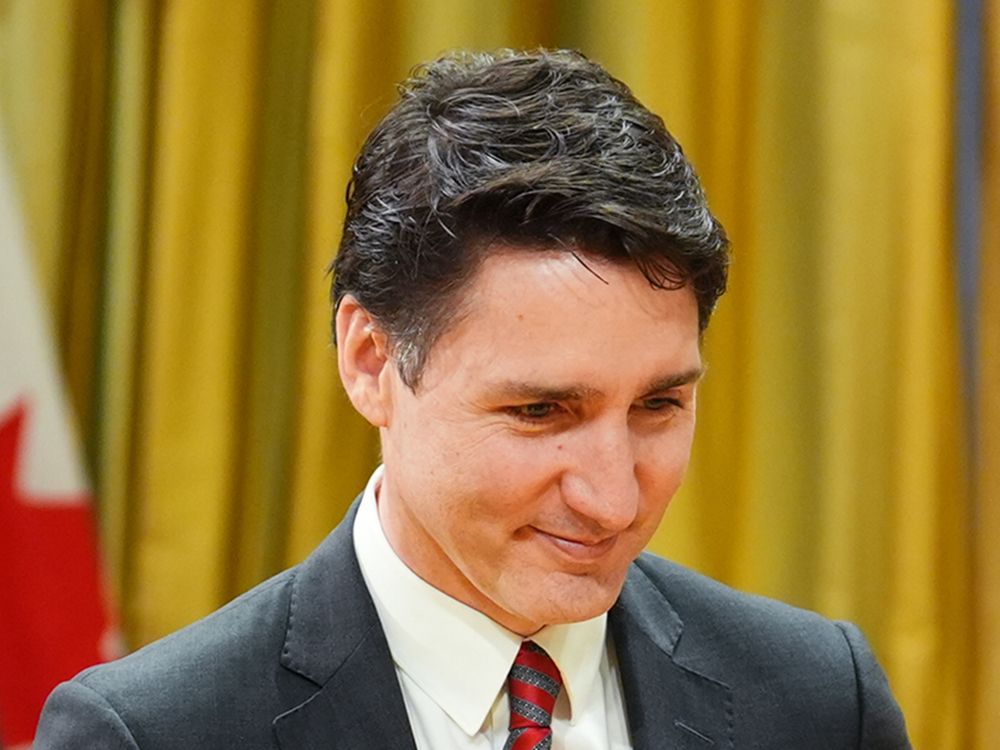













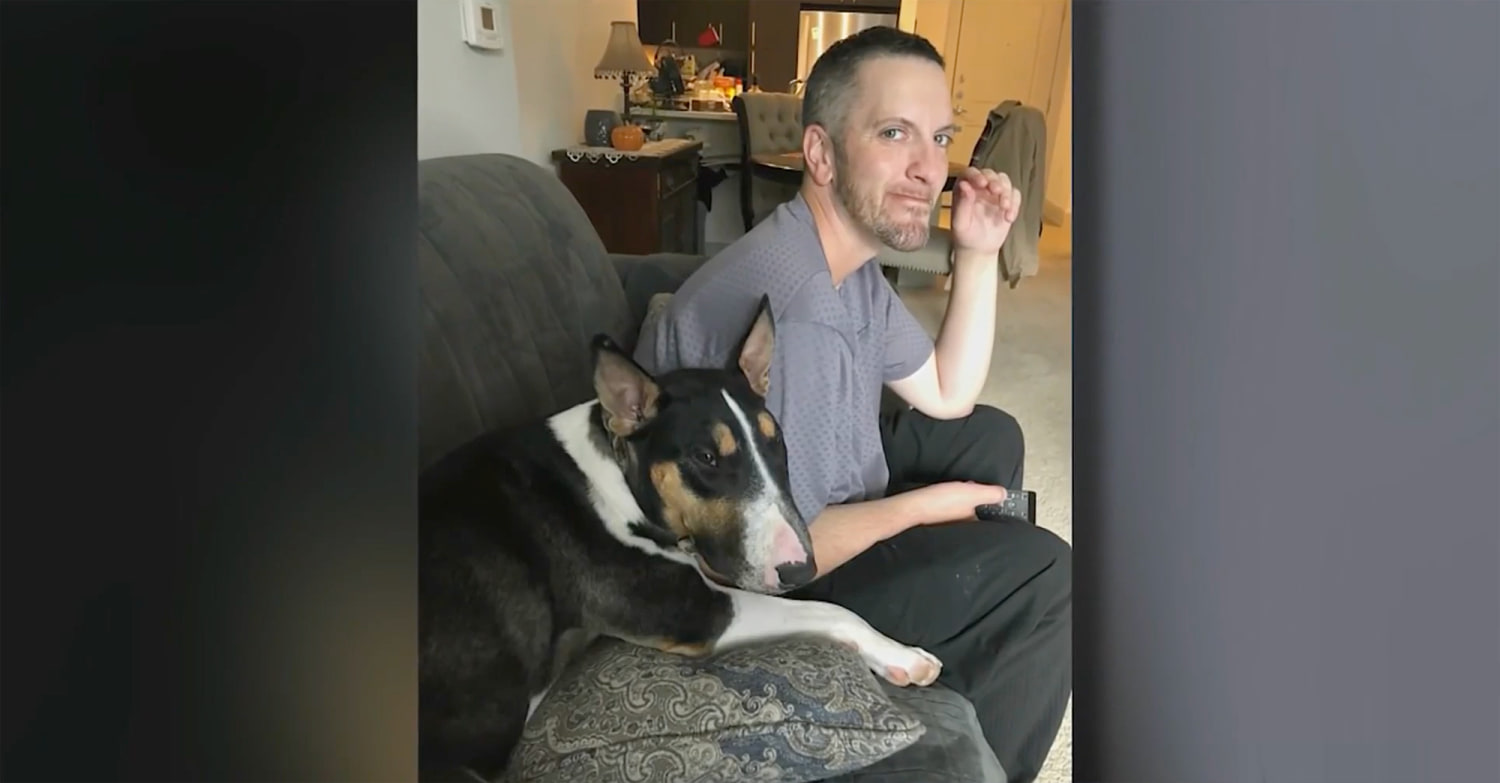



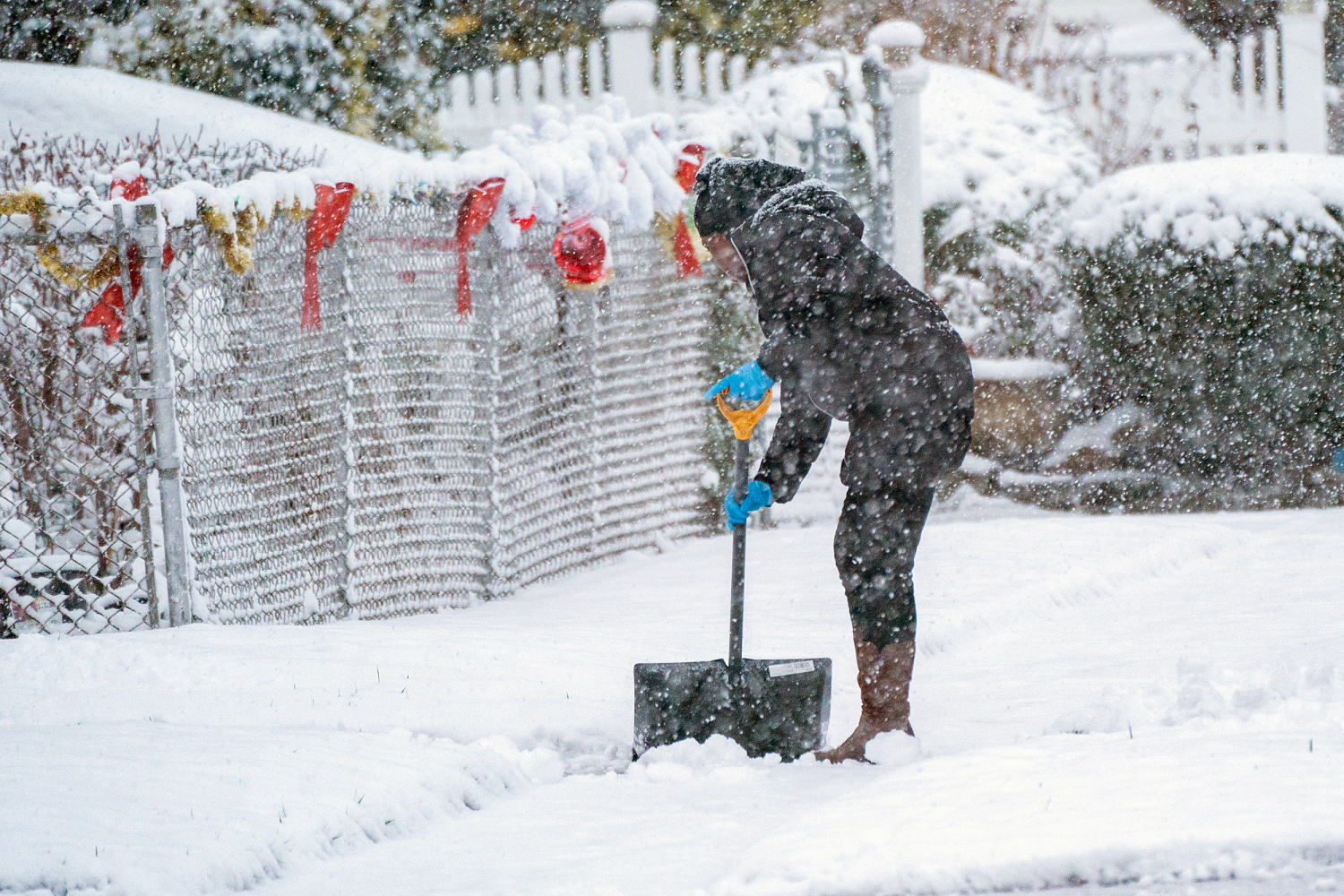




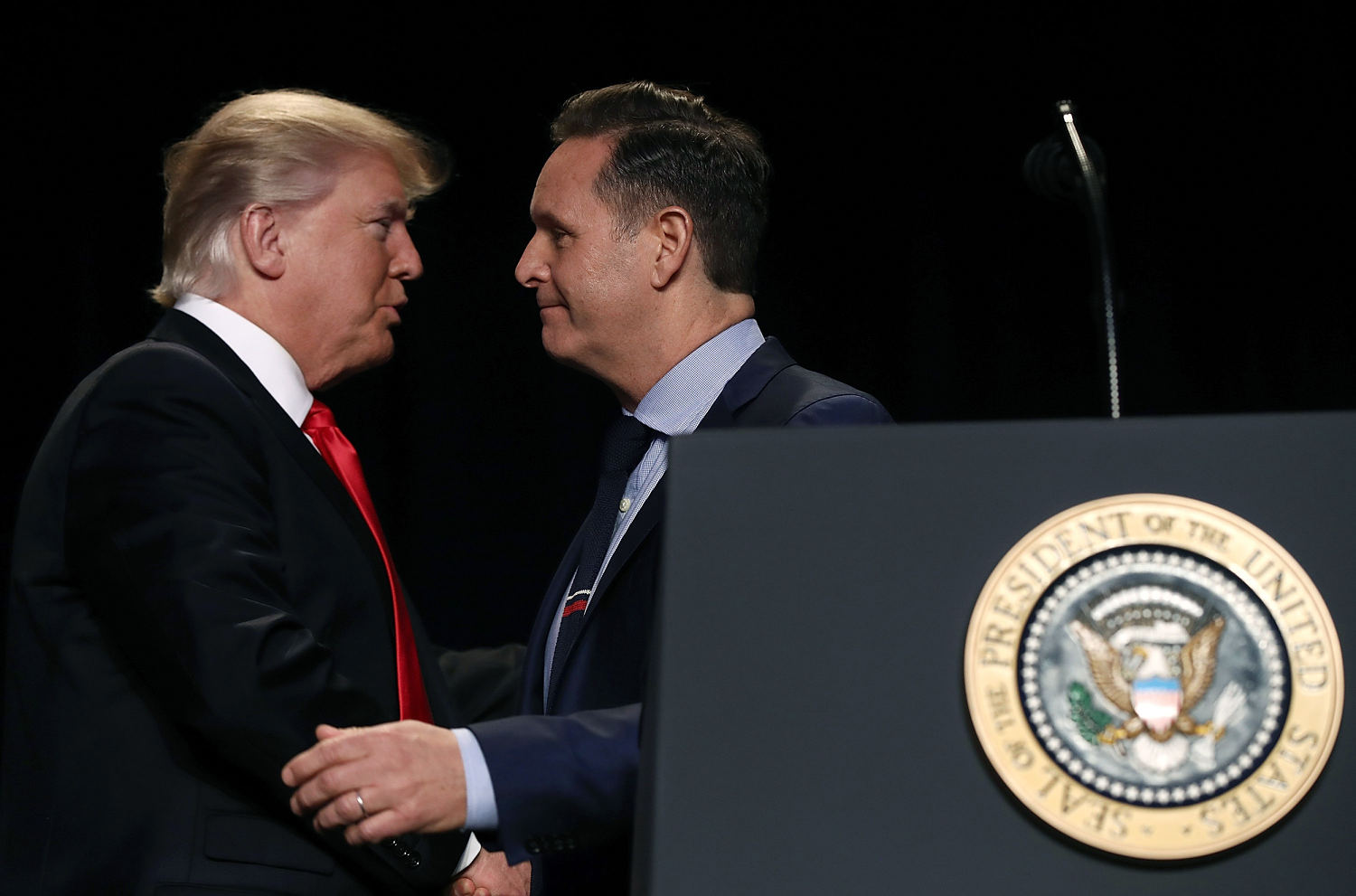
 Bengali (BD) ·
Bengali (BD) ·  English (US) ·
English (US) ·